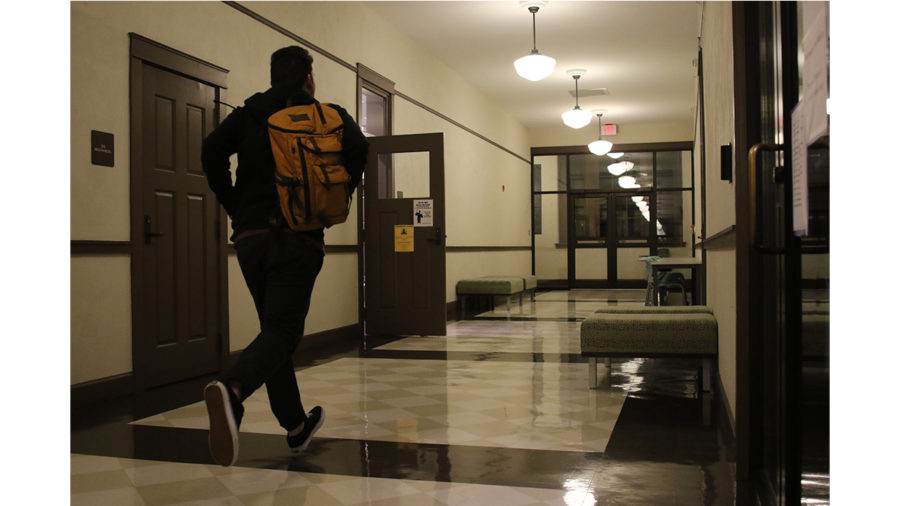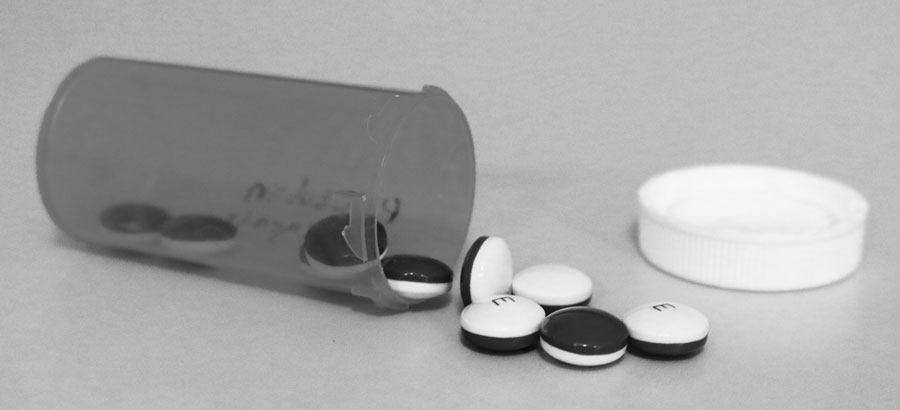For the perpetually late, the obstacle of getting out of bed to get to work or school on time can seem insurmountable. Some set a multitude of alarms to no avail and arrive late to almost every occasion. People read self-help articles and make well-intended efforts only to fall back into their punctuality dilemma.
Brandon resident and hair stylist Amelia Bobo frequently arrives late to work, social gatherings and appointments. She said her lack of punctuality affects her career.
“Being a hairstylist, my career revolves around me being able to keep appointments in the allotted time,” Bobo said. “When I am late, it throws my entire day off, and I’m typically left with several things to do but wasn’t able to because of being rushed.”
Chronic lateness affects many students, especially with those early morning classes, which can impact academic success.
As these habits have developed over time, the affected person’s inability to be punctual can damage his or her professional and personal life. While the causes vary, many punctuality issues are related to sleep. Problems can be linked to their natural sleep cycle — or circadian rhythm — as well as psychopathological disorders.
Bobo said she has difficulty getting to sleep at a reasonable hour.
“I’m not doing anything in particular — I just can’t shut my brain off,” Bobo said. “As a result, I sleep through several alarms. I have two alarm clocks – both placed so that I have to physically get out of bed to hit the snooze button, as well as 10 alarms set at 10 minute intervals on my iPhone. [I have] anywhere from one to three coworkers that call me in the morning to make sure I’m awake in time for work.”
According to the American Academy of Sleep Medicine, circadian rhythms control sleep and wake cycle daily. The human body uses visual cues, such as light stimulus, food and exercise to determine a person’s internal synchronization. Disrupted sleep patterns through poor sleep quality and trouble initiating sleep can cause circadian rhythm sleep disorders.
AASM said delayed sleep phase disorder, advanced sleep phase disorder and irregular sleep-wake rhythm coincide with circadian rhythm disruptions. The person affected with delayed sleep phase stays awake after 1 a.m., whereas someone with advanced sleep phase disorder will fall asleep from 6 p.m. to 9 p.m. Irregular sleep phase disorder causes one to nap frequently throughout the day and has an undefined sleep schedule.
Charles Freeman, a sleep and behavioral medicine psychologist in San Diego, said Axis I disorders, including anxiety and depression psychopathology disorders, could contribute to lateness.
“Some people are night owls, and they are more active at night,” Freeman said. “Whatever required amount of sleep they needed that night they didn’t get. Borderline personality disorder and bipolar disorder are related to insomnia, and because they have this energy at night, they want to stay awake. Now they are waking up late and tired with their mental acuity and moods not at their best. You might even see they have more anxiety and depression contributing to them being late because they are more scattered.”
Freeman said that people with bipolar disorder can also have the reverse effect and sleep excessively.
“When people have the downside of bipolar, which is depression, they may sleep 10 to 12 hours a night,” Freeman said. “In the mania phase, they may only sleep four to six hours, and eight hours would be a lot of sleep for someone who typically sleeps six hours. We see high correlations with anxiety and difficulty falling asleep. We see high correlations with depression with disrupted sleep and waking too early in the morning and sometimes sleeping too long. Insomnia can vary.”
According to a 2010 study conducted by McGill University, insomnia or hypersomnia waking up on time, restful sleep and altered REM sleep are common symptoms of bipolar affective disorder. The study suggests that the association between the sleep wake phases can predict episodes of mania or hypomania due to sleep duration. The study found a link between circadian rhythms and treatment of BPD patients. Treating the advanced sleep timing effectively helped BPD patients during bought of depression.
Many people seem to not recognize disrupted sleep patterns as a medical issue. Sometimes people wake up late. Sometimes people have a hard time going to bed. When a person is consistently having problems going to sleep, staying asleep and waking up on time, it may be because of a sleep disorder instead of a case of the Mondays.






































